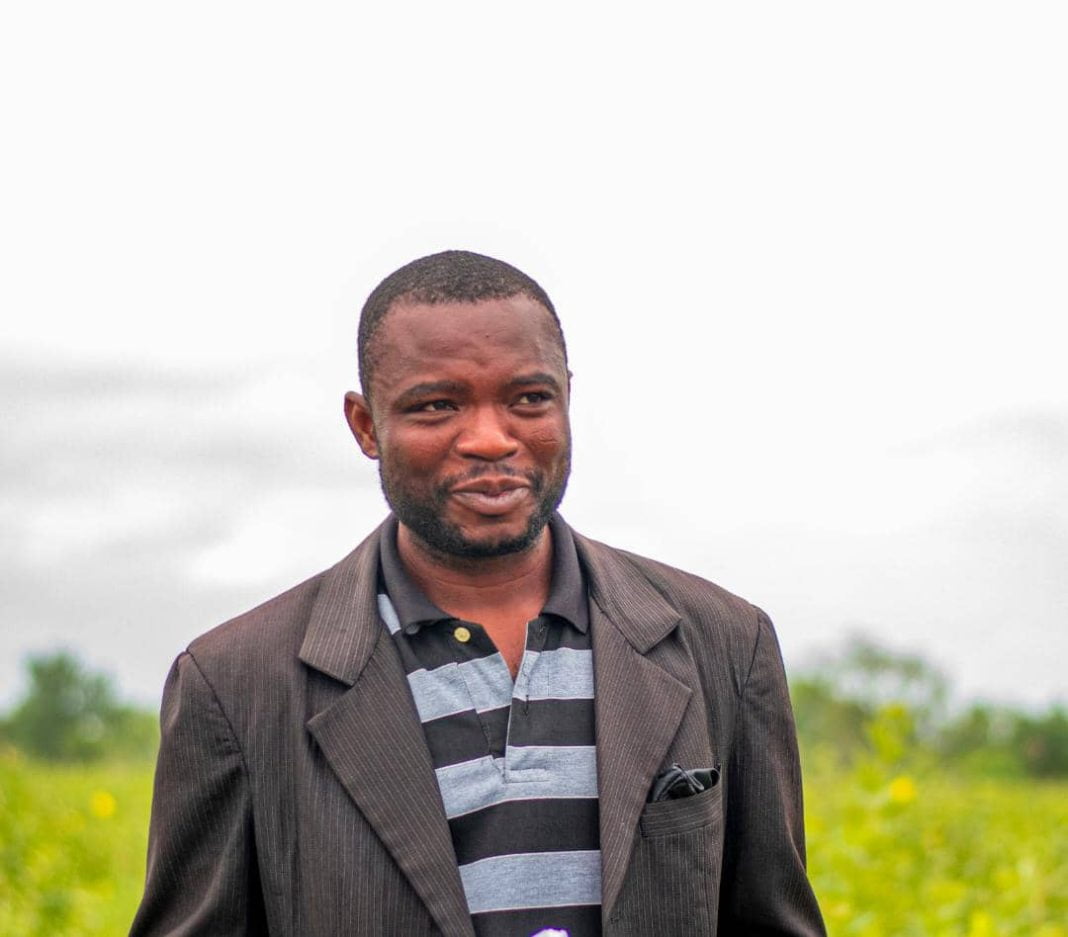“There are still many roads to our farming communities that are not developed. That makes these areas largely inaccessible. You talk about electricity supply, it still is a challenge in many areas. You talk about telecommunications, and though there have been improvements, you go into some of the communities, and there are still challenges there.”
“You go into our educational sector; talking about our universities and technical universities that is to produce the manpower that will drive a lot of these things, [there are inadequacies],” Emmanuel Wullingdool, an Agriculture Policy Consultant said when he spoke about why Ghana may not benefit hugely from the Africa Continental Free Trade Area (AfCFTA) agreement.
The African Continental Free Trade Area (AfCFTA) agreement is expected to create the largest free trade area in the world measured by the number of countries participating. The pact connects 1.3 billion people across 55 countries with a combined gross domestic product (GDP) valued at US$3.4 trillion. AfCFTA has the potential to lift 30 million people out of extreme poverty.
The agreement is expected to reduce tariffs among member countries and cover policy areas such as trade facilitation and services, as well as regulatory measures such as sanitary standards and technical barriers to trade. Full implementation of AfCFTA would reshape markets and economies across the region and boost output in the services, manufacturing and natural resources sectors.
The Secretariat has been situated in Ghana but according to Mr. Wullingdool, this would mean nothing if the government does not expand infrastructure.
“If we are not able to get the right enabling environment in place, it would become a challenge.”
He made these comments when he spoke to Mark Kwasi Ahumah Smith on the Day Break Upper East Show today, September 15, 2022. His comments were made on the back on some promises made in the NPP’s 2020 manifesto.
“Industrial Transformation: Building on the “One District, One Factory” and “Strategic Anchor Industries” policies, we will continue to promote agro-processing, including cocoa processing, add value to our minerals and petro-chemicals, promote labour-intensive and light manufacturing activities, continue the development of the Aluminium, Iron and Steel industries along their entire value chains through GIADEC and GIISDEC, establish a Development Bank to mobilise long-term capital for lending through banks for large-scale agricultural and industrial projects, and leverage our Regional Hub status and as hosts for the Secretariat of the AfCFTA to expand our access to regional and continental markets.”
Source: A1radioonline.com|101.1MHz|Mark Kwasi Ahumah Smith|Ghana


